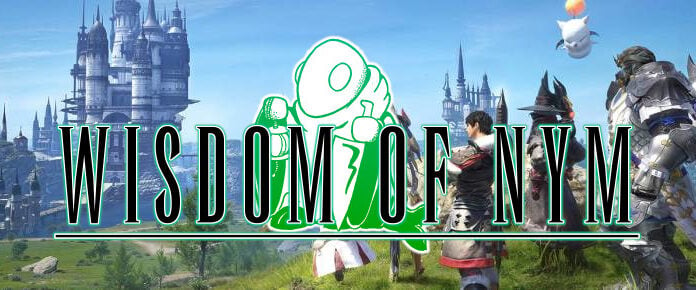
As we noted yesterday, the World Health Organization has gone ahead with the inclusion of “gaming disorder” in the publication of its most recent edition of its disease classification manual, in spite of heavy criticism from independent academics as well as admittedly biased trade organizations. In fact, a group of those organizations – representing the video game publishing industry in the USA, South Africa, Canada, South Korea, Brazil, Australia, New Zealand, and 10 countries in western and northern Europe – submitted their own statement on WHO’s decision, once again noting the potential for “moral panic” and “abuse of diagnosis” following the unjustified classification. The most compelling argument remains the scientific one:
“There is strong disagreement among experts on the inclusion of video gaming in the ICD-11 list, and the issue has been heavily debated since 2016 when 36 internationally renowned and respected mental health experts, leading social scientists and academics from research centers and universities – including Oxford University, Johns Hopkins University, Stockholm University and The University of Sydney – opposed the inclusion in an Open Debate paper,” the group writes, pointing out that in the intervening two years, WHO’s second proposal all but ignored those researchers, prompting a second paper from academics that “alerts on the weak evidence base, stressing that the ‘burden of evidence and the clinical utility should be extremely high, because there is a genuine risk of abuse of diagnoses.'”
The letter further notes that the American Psychiatric Association found insufficient evidence to include video game addiction in its own manual several years ago. More recently, the American Psychological Association “called on the WHO not to include video game addiction”; it also cited tendencies toward “moral panic” and insufficiently conclusive and robust evidence as its justification:
“We can discern no clear reason why video games are being singled out for a disorder rather than a general ‘behavioral addiction’ category if the concern were truly regarding clinical access for those with problem behaviors. Thus, an obsessive focus of the WHO on VGA would appear to us to be a response to moral panic (e.g., Cohen, 1972; Ben-Yahuda, 2009), one which in turn is likely to fuel more moral panic, including miscommunications that game playing can be compared to substance abuse.”
Which incidentally is exactly what happened in our comments yesterday. Imagine how it’ll go elsewhere, among people who aren’t familiar with gaming. Actually, you don’t have to imagine: They’re already doing it.
I give you the most sensationalistic headline of the year. Is there any real scientist out there who would seriously agree with this claim? https://t.co/7QjHf2EQvk pic.twitter.com/fSRPKESZD4
— Patrick Markey (@patmarkey) June 18, 2018
Check out yesterday’s piece for a longer rundown of academic criticism of WHO’s move.














